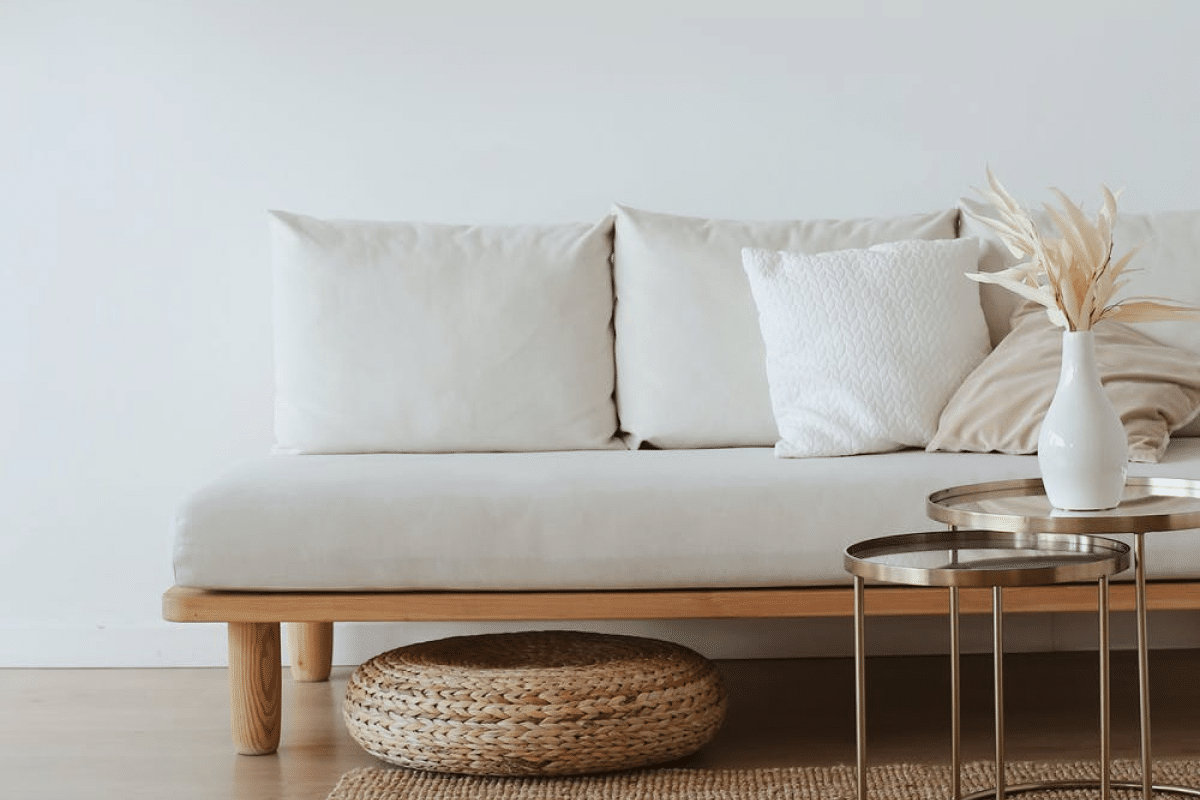
You will be required to pay certain fees in order to close your mortgage loan. These fees include the Origination fee and Escrow account, as well as the Homeowner's policy. You will be charged a different amount depending on the lender. It is important that you get an accurate estimate.
Origination fee
An origination fee for a mortgage is a one-time payment required at the time of closing the loan. While the amount of the fee can sometimes be reduced, it will still need to be paid according to the lender's guidelines. A large down payment and good credit score can result in lower origination fees. Third-party fees can't be negotiable.
For long-term homeowners, a lower origination fee may reduce monthly payments. Likewise, a lower interest rate can reduce your debt-to-income ratio. In both cases, you need to think about your budget as well as the timeframe that you will be living in the home.

Pre-paid products
The mortgage closing fees include pre-paid items like homeowner's insurance, mortgage interest, and other costs that are not directly related. These fees are paid prior to the closing date in order to fund an account. Prepaid items are transactional expenses. However, they can add up. They should therefore be excluded from comparing mortgage closing costs between different lenders.
Pre-paid items can be services provided by the lender for the buyer. These fees include closing costs, mortgage interest, and the month-to-month period after closing. The type of loan, closing date and realtor will determine the amount of funds required. Pre-paid items are common costs regardless of who is selling the home, whether the buyer is buying the house from a private party or a real estate agent.
Escrow Account
During the mortgage application process, the lender will estimate your yearly escrow costs. These will include your yearly property taxes, homeowners' insurance quotes, PMI, and mortgage escrow costs. The lender will open a mortgage account escrow account once you have been approved. At closing, you will pay one-sixth the annual escrow. This money will cover a couple of months of payments in advance.
The escrow calculation varies for refinance and purchase home loans. Different states have different escrow requirements. In general, however, a purchase-escrow is used for homeowner's insurance (12 months) and property taxes (3 months). These costs are part the Prepaid Closing Prices.

Insurance for homeowners
Homeowners insurance, in addition to the fees charged by the lender, is the biggest out-of-pocket expense for a homebuyer. The premium can either be paid upfront or at closing. If you pay your insurance upfront, the premium can be deducted from your closing costs. The insurance agent will typically indicate whether you will be paying the premium at closing. If you choose to pay your premium at closing, you should pay it with a credit card or bank funds.
Most lenders require proof to show that homeowners insurance has been purchased before the closing date. It's a good idea to shop for insurance about a month before your closing date to compare different policies and rates. Getting your policy at an early date also ensures that you'll have adequate coverage for your new home during your first year. Insurance companies often offer discounts for early-bird applicants who are proactive.
FAQ
What should you consider when investing in real estate?
You must first ensure you have enough funds to invest in property. You will need to borrow money from a bank if you don’t have enough cash. Aside from making sure that you aren't in debt, it is also important to know that defaulting on a loan will result in you not being able to repay the amount you borrowed.
It is also important to know how much money you can afford each month for an investment property. This amount should include mortgage payments, taxes, insurance and maintenance costs.
It is important to ensure safety in the area you are looking at purchasing an investment property. It would be best to look at properties while you are away.
What is reverse mortgage?
A reverse mortgage lets you borrow money directly from your home. You can draw money from your home equity, while you live in the property. There are two types of reverse mortgages: the government-insured FHA and the conventional. You must repay the amount borrowed and pay an origination fee for a conventional reverse loan. FHA insurance covers your repayments.
How can I get rid Termites & Other Pests?
Termites and many other pests can cause serious damage to your home. They can cause serious damage to wood structures like decks or furniture. A professional pest control company should be hired to inspect your house regularly to prevent this.
Statistics
- The FHA sets its desirable debt-to-income ratio at 43%. (fortunebuilders.com)
- 10 years ago, homeownership was nearly 70%. (fortunebuilders.com)
- It's possible to get approved for an FHA loan with a credit score as low as 580 and a down payment of 3.5% or a credit score as low as 500 and a 10% down payment.5 Specialty mortgage loans are loans that don't fit into the conventional or FHA loan categories. (investopedia.com)
- Based on your credit scores and other financial details, your lender offers you a 3.5% interest rate on loan. (investopedia.com)
- Private mortgage insurance may be required for conventional loans when the borrower puts less than 20% down.4 FHA loans are mortgage loans issued by private lenders and backed by the federal government. (investopedia.com)
External Links
How To
How to manage a rental property
Although renting your home is a great way of making extra money, there are many things you should consider before you make a decision. These tips will help you manage your rental property and show you the things to consider before renting your home.
Here are some things you should know if you're thinking of renting your house.
-
What is the first thing I should do? You need to assess your finances before renting out your home. If you have outstanding debts like credit card bills or mortgage payment, you may find it difficult to pay someone else to stay in your home while that you're gone. Also, you should review your budget to see if there is enough money to pay your monthly expenses (rent and utilities, insurance, etc. It may not be worth it.
-
How much will it cost to rent my house? The cost of renting your home depends on many factors. These include things like location, size, features, condition, and even the season. Prices vary depending on where you live so it's important that you don't expect the same rates everywhere. The average market price for renting a one-bedroom flat in London is PS1,400 per month, according to Rightmove. This means that if you rent out your entire home, you'd earn around PS2,800 a year. It's not bad but if your property is only let out part-time, it could be significantly lower.
-
Is it worth it? You should always take risks when doing something new. But, if it increases your income, why not try it? Make sure that you fully understand the terms of any contract before you sign it. It's not enough to be able to spend more time with your loved ones. You'll need to manage maintenance costs, repair and clean up the house. Before signing up, be sure to carefully consider these factors.
-
Are there any benefits? So now that you know how much it costs to rent out your home and you're confident that it's worth it, you'll need to think about the advantages. There are many reasons to rent your home. You can use it to pay off debt, buy a holiday, save for a rainy-day, or simply to have a break. It's more fun than working every day, regardless of what you choose. If you plan ahead, rent could be your full-time job.
-
How can I find tenants? After you have decided to rent your property, you will need to properly advertise it. Start by listing online using websites like Zoopla and Rightmove. After potential tenants have contacted you, arrange an interview. This will help to assess their suitability for your home and confirm that they are financially stable.
-
What are the best ways to ensure that I am protected? You should make sure your home is fully insured against theft, fire, and damage. You will need to insure the home through your landlord, or directly with an insurer. Your landlord may require that you add them to your additional insured. This will cover any damage to your home while you are not there. This doesn't apply to if you live abroad or if the landlord isn’t registered with UK insurances. In such cases, you will need to register for an international insurance company.
-
Even if your job is outside the home, you might feel you cannot afford to spend too much time looking for tenants. However, it is important that you advertise your property in the best way possible. You should create a professional-looking website and post ads online, including in local newspapers and magazines. It is also necessary to create a complete application form and give references. Some prefer to do it all themselves. Others hire agents to help with the paperwork. It doesn't matter what you do, you will need to be ready for questions during interviews.
-
What do I do when I find my tenant. If you have a lease in place, you'll need to inform your tenant of changes, such as moving dates. You may also negotiate terms such as length of stay and deposit. Keep in mind that you will still be responsible for paying utilities and other costs once your tenancy ends.
-
How do I collect my rent? When it comes time for you to collect your rent, check to see if the tenant has paid. You'll need remind them about their obligations if they have not. You can subtract any outstanding rent payments before sending them a final check. If you're having difficulty getting hold of your tenant you can always call police. The police won't ordinarily evict unless there's been breach of contract. If necessary, they may issue a warrant.
-
How do I avoid problems? You can rent your home out for a good income, but you need to ensure that you are safe. Ensure you install smoke alarms and carbon monoxide detectors and consider installing security cameras. It is important to check that your neighbors allow you leave your property unlocked at nights and that you have sufficient insurance. Finally, you should never let strangers into your house, even if they say they're moving in next door.